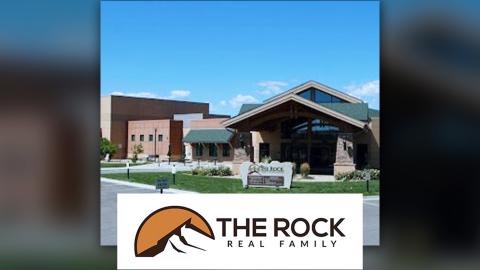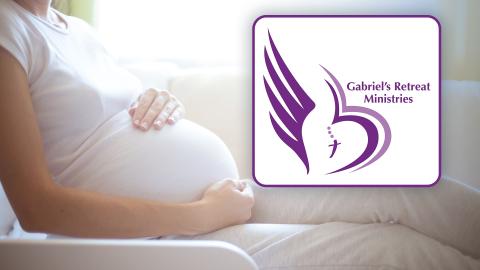US Supreme Court to Decide if Public Officials can Block Social Media Trolls
WASHINGTON -- The Supreme Court heard arguments Tuesday on whether state laws regulating social media violate the U.S. Constitution.
Legal experts on both sides say the cases are essential in monitoring government censorship of online speech. As one counsel put it, social media is the new town square.
The question remains: How does everyone online get a fair chance to express their First Amendment right to free speech?
"As private citizens, we can block anyone we want from our social media accounts because we're not government officials," said Katie Fallow, an attorney with the Knight First Amendment Institute. So, the line is really between if you're acting as a private citizen or acting as a public official."
 Tuesday's cases -- O'Connor-Ratcliff v. Garnier and Lindke v. Freed -- involved whether social media falls under First Amendment protection for California school board officials and a Michigan city manager who blocked social media users for comments they saw as harassment.
Tuesday's cases -- O'Connor-Ratcliff v. Garnier and Lindke v. Freed -- involved whether social media falls under First Amendment protection for California school board officials and a Michigan city manager who blocked social media users for comments they saw as harassment.
In the California case, the Ninth Circuit Court of Appeals ruled two California school board members violated the First Amendment by blocking two parents who criticized them on their personal Facebook pages and Twitter accounts.
Lawyers for the parents argued the justices should side with the lower court.
"Receiving feedback from constituents is an important part of their duties as trustees," said Pamela Susan Karlan, a Stanford Law School professor who argued before the court.
"The content and appearance of the page confirm that the finding the district court's finding that these pages were, 'used as a tool of governance because the trustees were doing their job when they maintained and then blocked Dr. And Mrs. Garnier from these pages,'" Karlan said.
Associate Justice Ketanji Brown Jackson wanted to clarify the duties of public officials.
"I mean, can we believe that say, the mayor's duties include receiving feedback from the public," Jackson said. "If there was a duty to get feedback from the public?"
Attorneys for the school board members suggest a social media page can't automatically be assumed to be part of a public official's duties.
"{Opposing counsel} suggested that the page was somehow their duty," said Hashim Mooppan. "One of my clients closed the page. Just shut it down. No one thinks he was acting in breach of his office. He was in dereliction of duty."
Whatever the outcomes, the high court's decision may have implications for which users are deemed too toxic for social media platforms.
***Please sign up for CBN Newsletters and download the CBN News app to ensure you keep receiving the latest news from a distinctly Christian perspective.***



